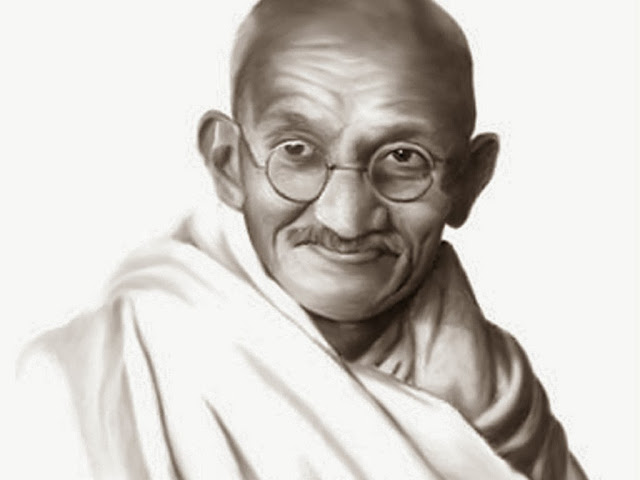
God and an individual who had possessions got them only from him. Therefore, they did not belong to one individual but were meant for God’s
people as a whole. Thus, whatever a person had more than this proportionate share with him, he was a trustee of God for that portion of his people. He elaborated that the almighty who was all-powerful had no need to store for tomorrow and created from day-to-day. So if human beings
also learn to live from day to day and do not stock things, trusteeship would become a legalised institution.
The trustee would remain the legal owner during his lifetime and would also have the right to nominate his successor subject to legal sanction. The property would not be confiscated by State and society will be able to retain the ability of the original owner on his own right. Gandhiji, in fact, wished his concept of trusteeship to become a gift from India to the world.
Gandhiji had a firm conviction that his theory of trusteeship was not illusory or fanciful. He claimed, “My theory of ‘trusteeship’ is no make-shift, certainly no camouflage. I am confident that it will survive all other theories. It has the Sanction of philosophy and religion behind it. That possessors of wealth have not acted up to the theory does not prove its
falsity; it proves the weakness of the wealthy.” His idea was that society should avoid violence and conflict between labour and capital and haves and have-nots as a result of its acceptance of the concept of trusteeship in wealth and property.
Pyarelal, who was Gandhiji’s secretary, has summarised his views on trusteeship as under :
- Trusteeship provides a means of transforming the present capitalist order of society into an egalitarian one.
- It does not recognise any right of private property except to the extent permitted by society’ for its own welfare.
- It does not exclude legislative regulation of ownership and use of wealth.
- An individual is not free to hold or use his wealth for selfish satisfaction.
- Like the minimum wages, there should also be a limit upon the maximum income and the difference between the maximum and the minimum should be reasonable and equitable. It would also be variable from time to time so that the tendency would be towards obliteration of the difference.
- The character of production shall be governed by social necessity and not by personal greed or whim.

